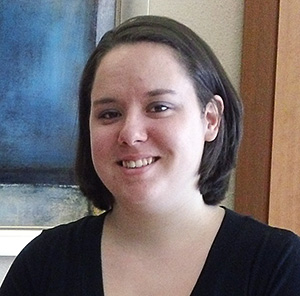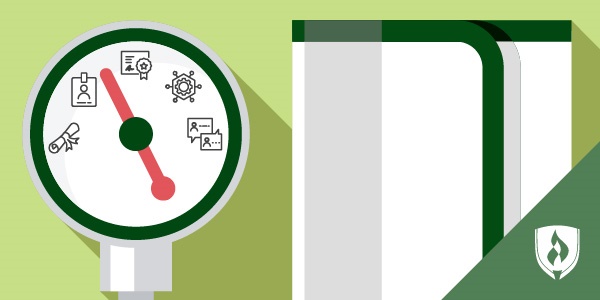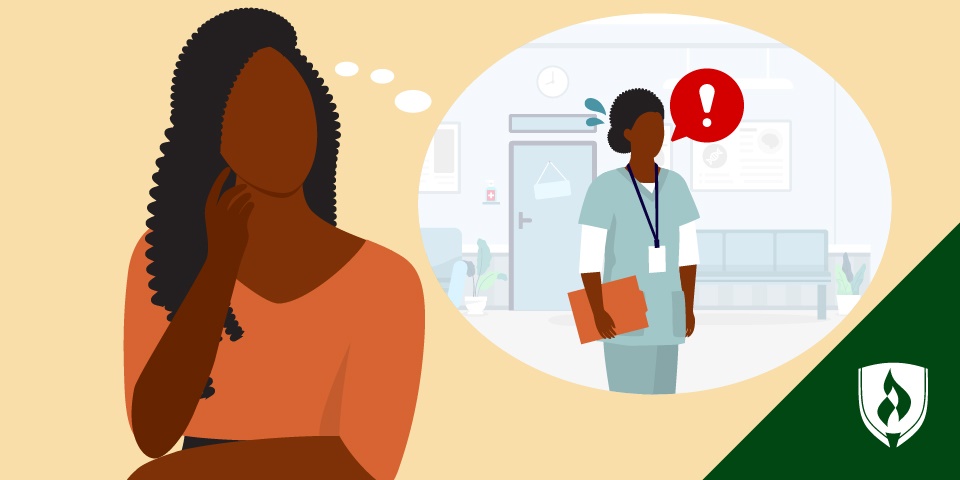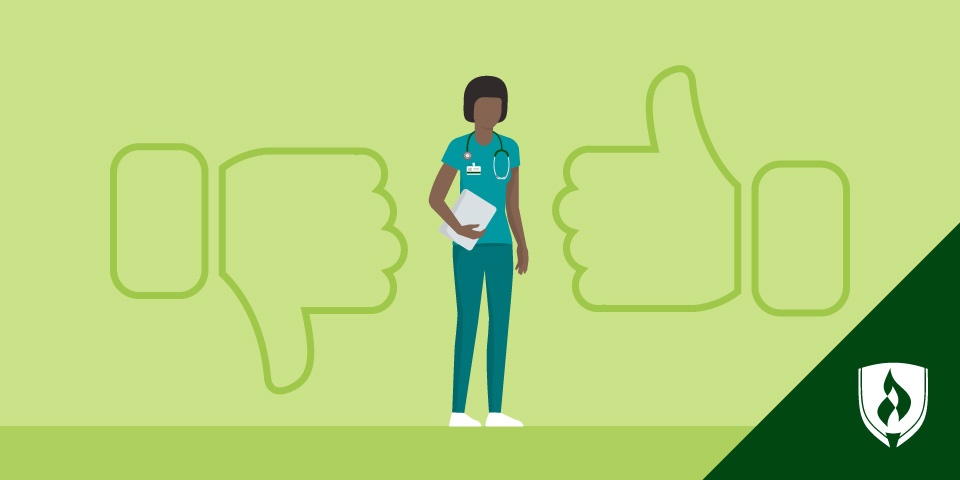Tampa Medical Assisting Grad Shines in Pursuit of Medical Career
By Will Erstad on 06/18/2014
Tampa medical assisting graduate Emily Prior has found her calling in the healthcare field

But in all honesty, she never had much doubt about her chosen profession. Prior grew up with “a lot” of family in the medical field and always thought she wanted to be a nurse. Couple that with the satisfaction she found helping others and it was only a matter of time before she found her way to a direct patient care role.
Early start
For some, deciding whether or not to attend college can be an agonizing, drawn-out process with many changes of heart—but that wasn’t the case for Prior. She had already earned college credit through a dual enrollment program at St. Petersburg College while many of her high school peers were just beginning to take standardized tests like the SAT. Prior says she was about 75 percent finished with a general studies associate degree by the time she graduated high school.
After earning her associate degree, Prior wasn’t completely sure which medical career path she’d like to pursue so she went to work for her grandmother’s medical billing and insurance company in Seminole, Florida. She was satisfied with her role for the most part, but after five years the lengthy commute she made every day began to wear her down. She knew she needed to make a change.
“I woke up one day and just realized that I wanted to get back to school and make something of myself in the medical field,” Prior says.
Prior set out with a renewed energy to find a school that could provide the right mix of personalized attention, small class sizes and campus proximity. She was ready to commit shortly after inquiring about the medical assisting program at the nearby Rasmussen College Tampa campus in late 2012.
“After speaking with the program manager at Rasmussen I felt that warmth and knew they would be there to help if I needed it.”
“After speaking with the program manager at Rasmussen I felt that warmth and knew they would be there to help if I needed it,” Prior recalls.
Going above & beyond to grow
Prior’s return to school was not only an opportunity to develop her technical medical assisting skills like monitoring vital signs and drawing blood, but it also allowed her to develop her confidence and come out of her shell.
“I went in [to the program] being a pretty shy person who didn’t really talk to many people,” Prior says, “But now I’m comfortable speaking in front of groups of people and I’ve learned to be much more open and a better communicator.”
Prior credits some of her personal development to Lauren Ramirez, the instructor she worked with for the majority of her medical assisting classes.
“Lauren worked really closely with us in class and was very supportive when we had questions,” Prior says. “It helps that she’s a medical assistant as well so she could really pass on knowledge she’s gained through her experience.”
Prior says Ramirez took a personal interest in her and her other medical assisting students and actively encouraged them to volunteer at hospitals and events within their community—which Prior took on with gusto. She says the volunteer experience helped her develop relationships within the medical community and also pushed her outside of her comfort zone.
Back in 2012, Prior likely would have never guessed that within months she’d find herself speaking at a local high school’s ‘career night’ But she has no doubt that the volunteer experience helped her develop both professionally and personally.
Prior’s efforts to take on extra work outside of the classroom resulted in more than just personal development. In 2014 she was awarded the National Outstanding Student of the Year Award for medical assisting from the American Medical Technologists. She says the recognition came as a welcome surprise.
“I knew I worked hard in school but sometimes you don’t think you’ve worked hard enough,” Prior says. “To me it means that all my hard work, sleepless nights, study groups with other students and dealing with occasional frustrations finally paid off.”
From extern to employee
Part of the medical assisting curriculum requires students to apply what they’ve learned in a clinical externship. This can be a source of anxiety for many students as it is often the first chance they have to apply their skills in a live setting. Prior admits she was quite nervous leading up to the first day of her externship at Moffitt Cancer Center, despite excelling in her coursework.
“I was a train wreck the day before because all of the stuff I’d learned in my courses was now on my shoulders,” Prior says. “It was definitely nerve wracking but after the first week or so of getting comfortable with the clinic I was in it went smoothly.”
Smoothly may be an understatement—a month into her six-week externship Prior accepted a job offer from the Moffett Center. She admits that working with cancer patients every day can be emotionally draining but rewarding at the same time.
“It gets easier once you get used to it because you learn how to put a smile on a patient’s face and really light them up before sending them on their way to their next appointment,” Prior says.
Prior graduated with an associate degree in medical assisting in 2014 and plans to pursue further education while working at the cancer center. She says she’d like to eventually become a physician’s assistant. No matter where her career path leads, her degree from Rasmussen College has already helped her develop a solid foundation to her healthcare career.
Get your start
If you’d like to get started in the fast-growing medical field, a medical assisting degree or diploma from Rasmussen College can provide you what you need to launch your career. Click the red ‘Request Program Info’ button above to find out more about what the program has to offer.




